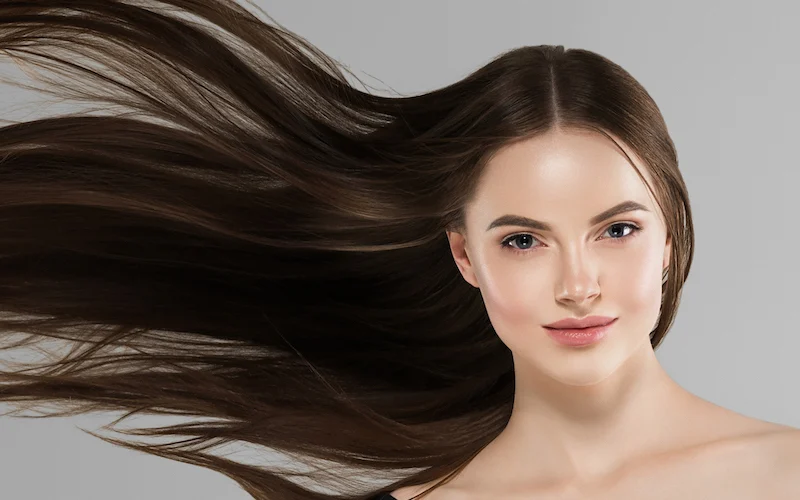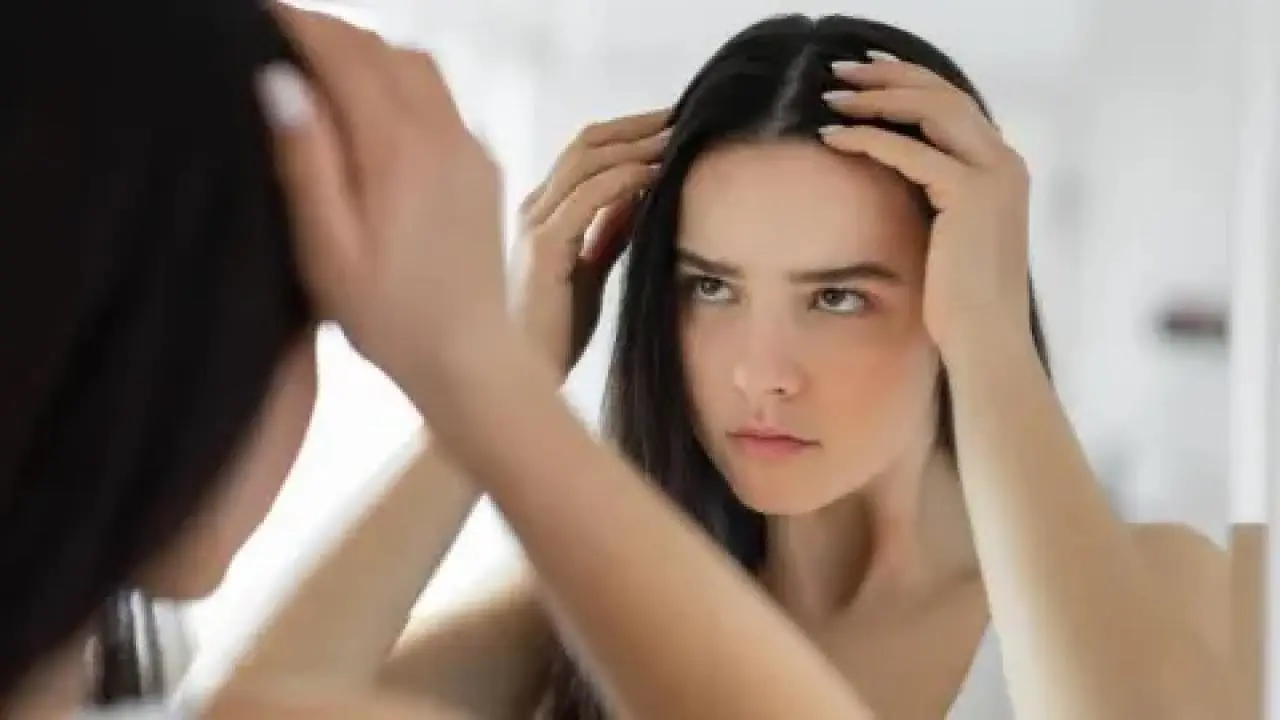Dandruff — the tiny white flakes that show up uninvited on your scalp, shoulders, and confidence. Almost everyone has experienced it at some point in their lives. It’s not only embarrassing but also often itchy and uncomfortable. The good news? It’s absolutely treatable with the right hair care practices.
Let’s dive into the top haircare tips to help you say goodbye to dandruff once and for all.

What Causes Dandruff?
Before we jump into the solutions, understanding the root cause of dandruff is crucial. Some common causes include:
- Dry skin: Especially during winter, your scalp may become dry and flaky.
- Oily scalp: Excess oil can irritate your skin and lead to dandruff.
- Fungal infections: A yeast-like fungus called Malassezia is often the culprit behind chronic dandruff.
- Sensitivity to hair products: Harsh shampoos or styling products may trigger allergic reactions.
- Poor hygiene: Infrequent hair washing can lead to buildup of oil and dead skin cells.
- Skin conditions: Issues like eczema or psoriasis can contribute to dandruff.
Now that we know what we’re dealing with, here are the top haircare tips to combat dandruff naturally and effectively.
1. Use an Anti-Dandruff Shampoo
The first and most obvious step is using a good quality anti-dandruff shampoo. Look for shampoos that contain:
- Zinc Pyrithione – fights fungus and bacteria
- Ketoconazole – a strong antifungal
- Selenium Sulfide – slows down skin cell turnover
- Coal Tar – reduces scaling and flakiness
- Salicylic Acid – removes dead skin and reduces flakes
Be consistent with your usage and follow the instructions on the label. You’ll start noticing a difference within a few weeks.
2. Oil Your Hair (But Not Too Much)
While excess oil can worsen dandruff, natural oils like coconut oil and tea tree oil can work wonders. Coconut oil moisturizes a dry scalp and has antimicrobial properties, while tea tree oil is known for its antifungal effects.
How to Use:
- Mix a few drops of tea tree oil with a carrier oil like coconut or olive oil.
- Massage it gently into your scalp.
- Leave it on for 30 minutes before washing your hair with a mild shampoo.
Repeat once or twice a week for best results.
3. Exfoliate Your Scalp
Just like your skin, your scalp needs exfoliation too. Use a scalp scrub once a week to remove dead skin cells, product buildup, and flakes. You can make a DIY scrub with sugar and coconut oil or buy one from a trusted brand.
Exfoliation helps to improve blood circulation and ensures better absorption of scalp treatments.
4. Apple Cider Vinegar Rinse
Apple cider vinegar (ACV) is a natural dandruff remedy that balances the scalp’s pH and reduces fungal growth.
How to Use:
- Mix 2 tablespoons of ACV with 2 cups of water.
- After shampooing, pour the mixture over your scalp.
- Let it sit for a few minutes and rinse with cold water.
Use it once a week to keep your scalp fresh and flake-free.
5. Avoid Hot Water Showers
Hot water strips your scalp of natural oils, leading to dryness and irritation — a common cause of dandruff. Always wash your hair with lukewarm or cool water to maintain a healthy scalp barrier.
6. Eat a Dandruff-Fighting Diet
What you eat reflects on your skin and scalp too. Include these nutrients in your diet:
- Zinc – found in nuts, seeds, and whole grains
- Omega-3 fatty acids – present in fish, flaxseeds, and walnuts
- Vitamin B – found in leafy greens, eggs, and dairy
- Probiotics – help maintain good gut health and reduce inflammation
Stay hydrated and avoid sugary, greasy junk food which can worsen scalp conditions.
7. Stay Away from Harsh Products
Avoid hair sprays, gels, and styling creams that contain alcohol, parabens, or sulfates, as they dry out the scalp. Switch to natural, mild, and sulfate-free shampoos and conditioners. Always patch-test new products to ensure you’re not allergic.
8. Reduce Stress
Believe it or not, stress can trigger dandruff. When you’re stressed, your immune system weakens, allowing fungi like Malassezia to thrive on your scalp.
Try incorporating relaxation techniques such as:
- Yoga or meditation
- Regular exercise
- Deep breathing exercises
- Quality sleep
Taking care of your mental health can have visible effects on your hair and skin.
9. Keep Your Hair Tools Clean
Your hairbrush, comb, and even pillowcases can harbor bacteria and fungi. Clean your tools regularly and avoid sharing them with others. Change your pillowcases at least once a week and keep your hair tied when going outdoors in polluted or dusty environments.
10. Consult a Dermatologist
If your dandruff doesn’t improve despite trying various remedies, it could be due to an underlying skin condition. A dermatologist can diagnose and prescribe medicated treatments, such as antifungal creams or stronger shampoos.

Bonus DIY Hair Mask for Dandruff
Here’s a natural hair mask that you can try once a week:
Ingredients:
- 2 tablespoons yogurt
- 1 tablespoon lemon juice
- 1 tablespoon honey
Instructions:
- Mix all the ingredients to form a smooth paste.
- Apply it to your scalp and hair.
- Leave it on for 30 minutes.
- Rinse thoroughly and shampoo as usual.
This mask moisturizes your scalp, reduces fungal growth, and soothes irritation.
Final Thoughts
Dandruff might seem stubborn, but with consistent care and the right approach, it can definitely be controlled. Remember, not every remedy works the same for everyone — it might take some trial and error to discover what suits your scalp best.
Be gentle with your hair, stay consistent with your routine, and don’t forget to pamper your scalp like you do your skin. Your hair will thank you with flake-free freshness and healthy shine
